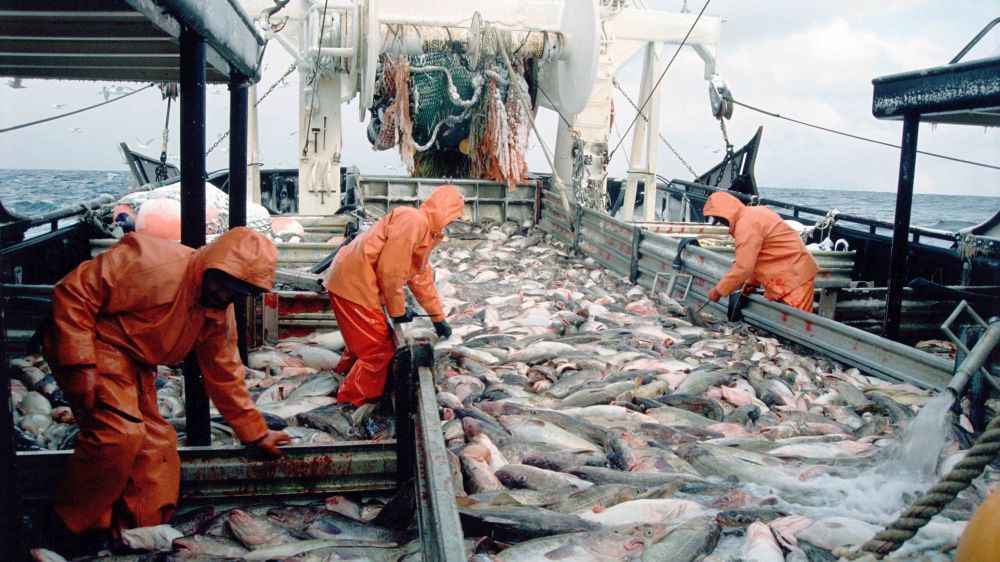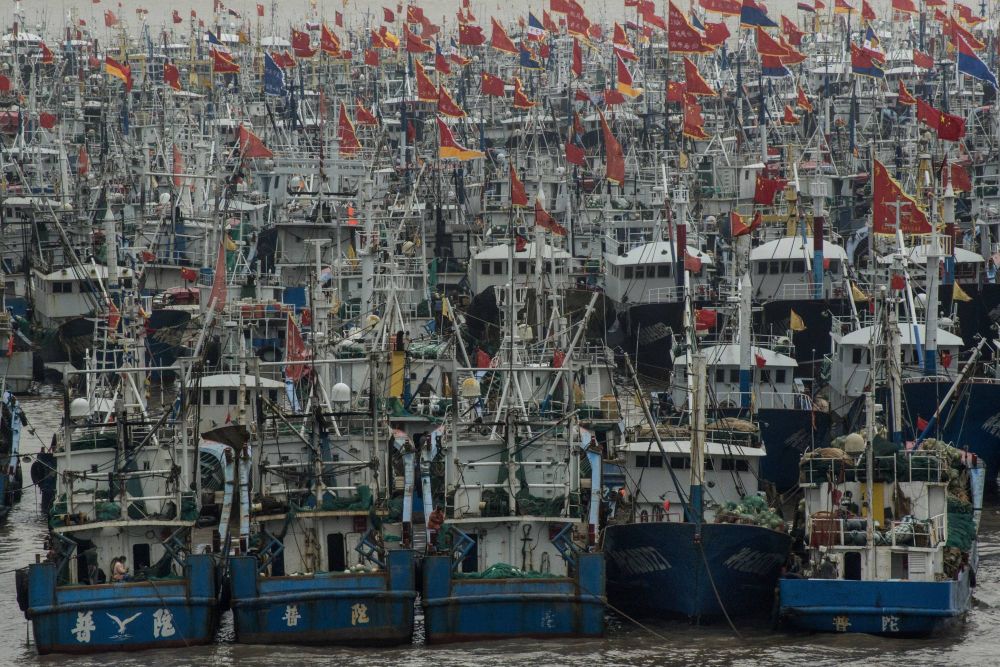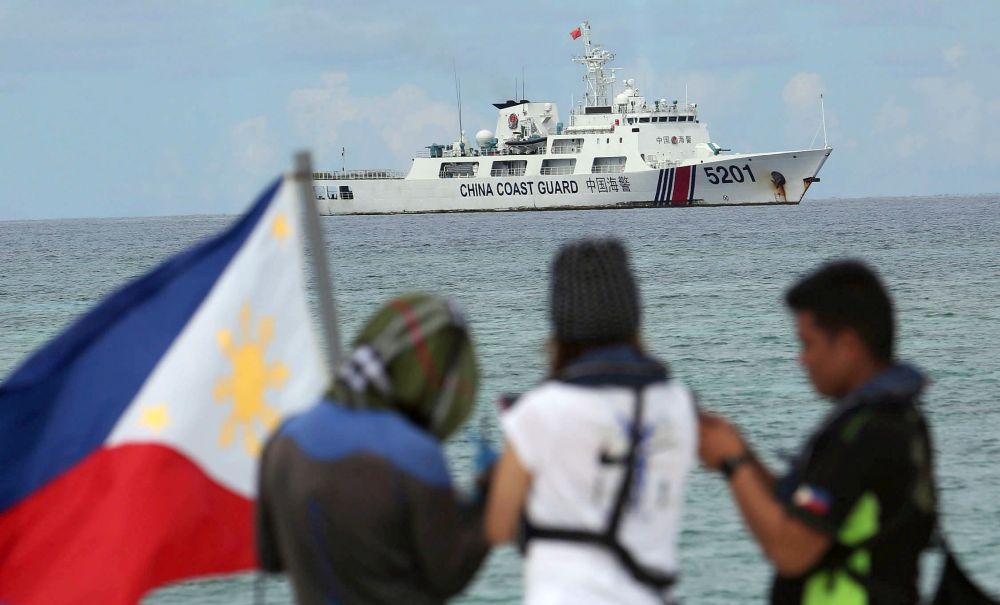The South China Sea stands as a symbol of geopolitical contention and environmental fragility, where territorial disputes collide with the imperative to preserve marine ecosystems. Recent revelations of environmental devastation, fueled by overfishing and island-building, highlight the urgent need for collective action. Despite efforts to quantify the damage, jurisdictional complexities and hostilities among occupying states hinder independent research, impeding effective management strategies.

The actions of China’s fishing fleets, disregarding international law and environmental injunctions, have prompted concern and condemnation. Manila’s appeal to the International Tribunal for the Law of the Sea in 2016 underscored the necessity for cooperation in managing fragile marine ecosystems and fisheries. However, the lack of agreement and coordination among coastal states presents a significant obstacle to progress.

Amidst the challenges, there are glimpses of hope for cooperation. Recent political coordination between some coastal states signals a growing recognition of the need for collective action. The Philippines’ initiative to gather evidence for a second arbitration case against China, focused on environmental concerns, emphasizes the importance of holding egregious actors accountable.

As the South China Sea grapples with geopolitical rivalries and environmental degradation, the imperative for greater cooperation and environmental stewardship becomes increasingly apparent. All coastal states must prioritize the preservation of marine ecosystems in their policies and foster collaboration with regional governments and environmental organizations. Diplomatic pressure and international cooperation offer a pathway towards a more sustainable and harmonious future.

